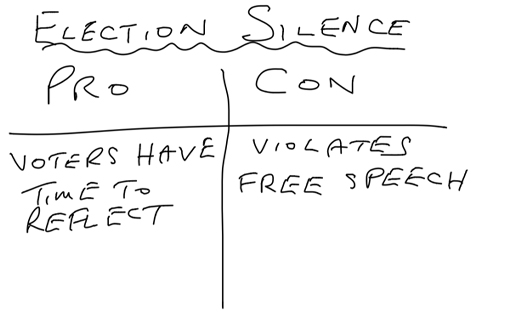1 Tools, from stone to digital
Mind tools represent a towering achievement of human progress. Some of them have become familiar everyday activities, such as searching the internet, which we have already come to take for granted. So we seldom stop to think how amazing they are, and how powerful, if used wisely.
It is possible to disagree with this optimism though. Today’s world presents us with more and more information, often from multiple sources that conflict with one another. Digital technology has been responsible for the exponential growth in the volume of information that faces us, and the difficulties of absorbing it, and knowing what is reliable and what not. Online discussions can end up as slanging matches, with opinions replacing arguments. As a result, many writers despair of the digital world that has been created and argue that it has made us worse thinkers, not better ones.
The key to realising the benefits of digital thinking tools is critical thinking. Critical thinking sets out to judge issues objectively. It involves collecting relevant information, considering both sides of a question, weighing up the evidence in the light of what you know, and applying critical thinking skills to reach a conclusion. Critical thinking is an essential skill. So let’s get going and do some.
Activity 1 Weighing up pros and cons
A simple but often surprisingly effective way of weighing up arguments for and against something is to write down all of the points in favour and all of the points against, and simply count them.
You can do this using a word processor and setting out the pros and cons in a table, or more simply with a pen and paper, whichever you prefer.
To make it interesting, here’s something controversial – election silence. In some countries there is a ban on political campaigning close to an election. This could extend to forbidding even the public use of a candidate’s name.
Draw up a pros and cons table for election silence. Try to be as impartial as possible. To get you started, Figure 2 shows one pro and one con.
Discussion
Some people will have concluded that election silence is a good idea on balance, some not. That's fine because there is no clear and final answer. That's why some countries have an election silence rule and others don’t.
This activity is very valuable though, because you have been doing critical thinking – thinking for yourself, in a measured and structured way, and trying to be objective. When people do this, the evidence is that they tend to make better decisions. In later sessions you will meet other structured ways in which you can assess information and weigh up arguments.

